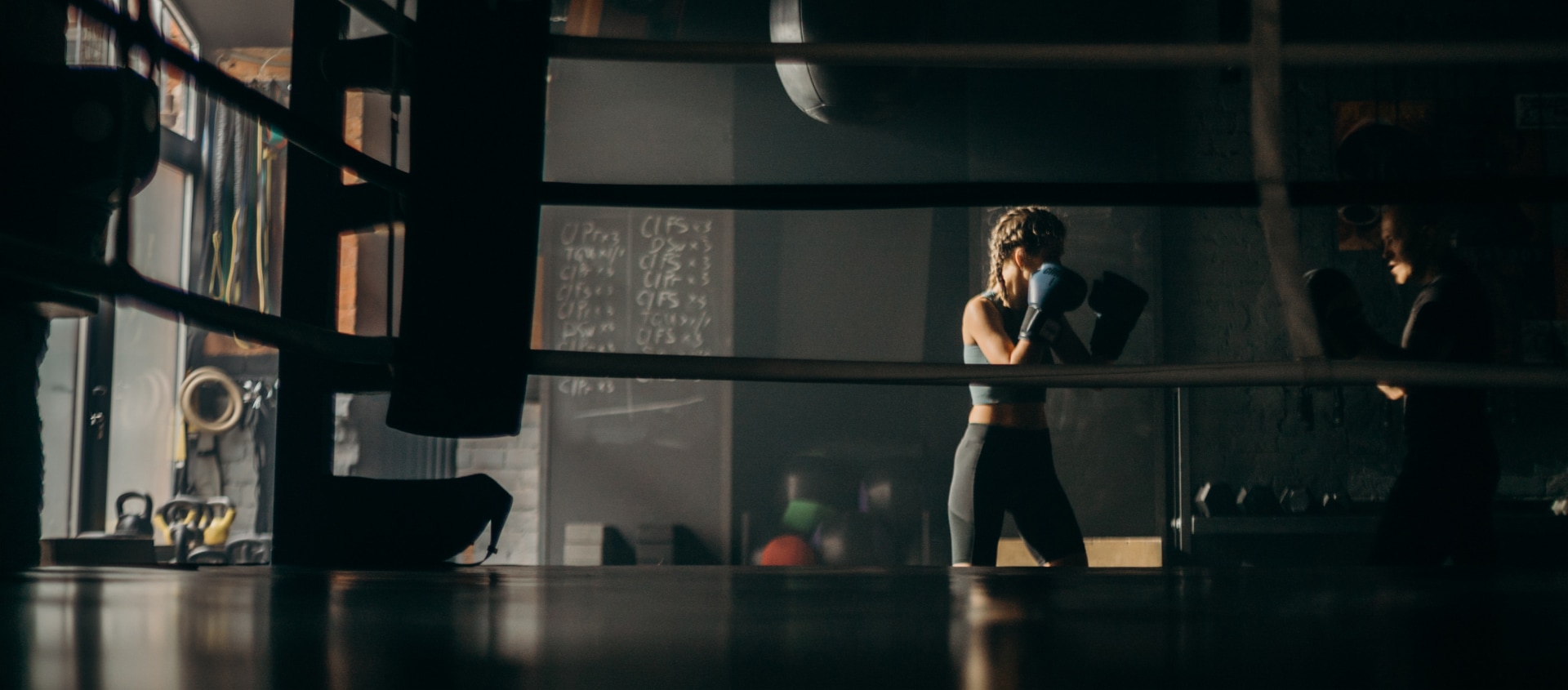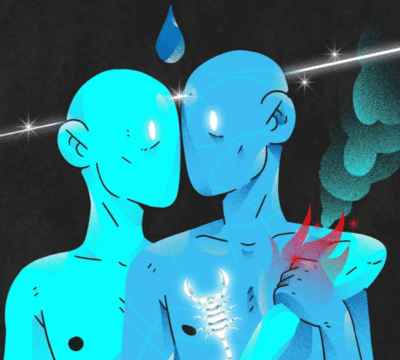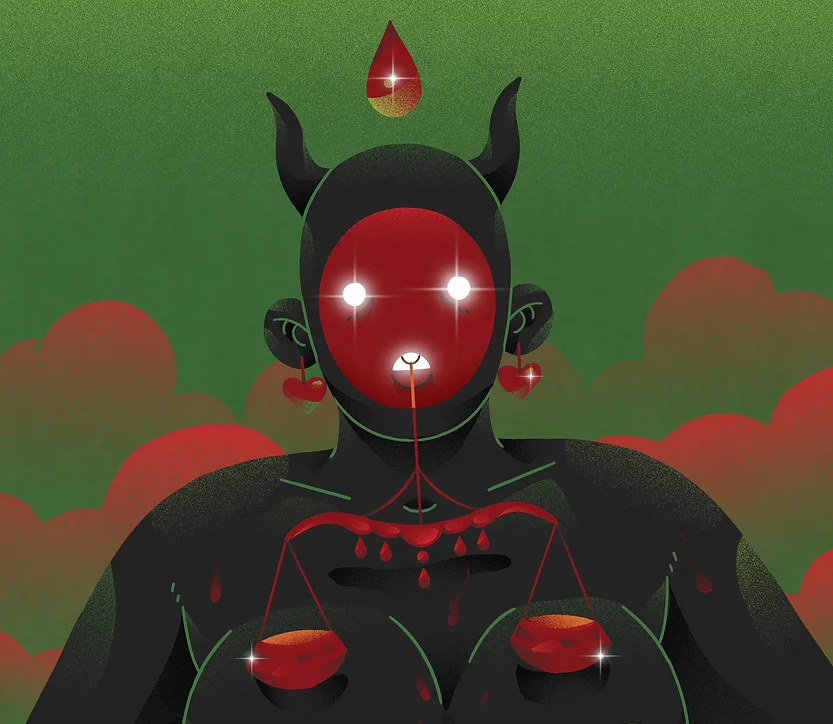
Fleeting moments
These poems are inspired by my partner and the ins and outs of our queer relationship. I write with the hope of capturing fleeting moments of our lives together
the pleasure is all ours


Illustration by Indu Harikumar (she/her)
Based in India
I am Indu Harikumar, I am an artist and storyteller. I mostly take my problems to Instagram and try to find solidarity. Sometimes I turn them into people powered projects. They are all mostly on subjects that are taboo, sex, sexuality, gender, abuse, abortion, pleasure, etc.
I started my Instagram because I was going to teach in the Himalayas and I felt the Himalayas needed an Instagram a/c. My Instgaram has my full name and my pictures, I was quite vulnerable on instagram talking about hurt and depression. In 2016, I asked people to share their experiences on Tinder, it was a personal project called #100IndianTinderTales, I wanted to know if I was the only one meeting creeps. I illustrated it. I think drawing my first nude took a lot of courage for the project but this tiny window into people’s inner lives changed me. It changed how I felt about my body, it helped me deal with shame, most importantly it made me feel like I was not alone. Over the past few years, I have done other people powered projects where people have sent me nudes of their breasts and I have drawn them, I have opned up my platform for stories about abortion and masturbation and the other complexities of human life which doesn’t get talked about enough.
Pleasure for me would be freedom, to belong yet not be bound.
The Internet itself is a source of great pleasure for me, the varied connections it offers, the jokes, the sexygifs, the new worlds that you get a window to watch and be a part of. The pleasure of friendships and bonds, thee pleasure of phone sex, sexting, ooooh the pleasures of singing to somoenone through a voice note, the pleasure of knowlege and enteratinment. The Internet is my real love.
It hasn’t been easy for me to express pleasure / sexual pleasure in offline or online mediums but my work has changed a lot for me. It has given me a vocabulary, it has helped me get over shame, it has given me acceptance, so it is becoming more and more possible for me to talk about pleasure online and also seek pleasure.
I do have a lot of support online but that doesn’t mean that I don’t face abuse online. One is that every time I get press and my projects are often positioned as bold and powerful, someone always tries to change my gmail password. Other than that when I was doing this project drawing beasts, I have got messages saying, “Will you draw my dick.” I usually just ignore and block people. Now that I am doing something on intimate partner violence and the internet, men have told me that I am making up the stories.
I primarily use Instagram for my work and press always leads to lots of people following me, I always archive my selfies because it will be full of sexist comments.
I block most right wing seeming profiles.
I look at the internet as a public space, I feel everyone should have equal access and where unlike in other public spaces womxn try to make themselves seem invisible to keep themselves safe from the aggressiveness of cis het men, everyone feels safe to express and own space. That’s what my vision of feminist internet is.

These poems are inspired by my partner and the ins and outs of our queer relationship. I write with the hope of capturing fleeting moments of our lives together

October brings the Rx afterglow and welcomes Libra and the eclipse season. This month features two magical eclipses the first at New Moon in Libra

September has sprung, and another equinox approaches. Southern Hemisphere baddies welcome springtime, while autumn leaves begin to fall over the baddies of the North.